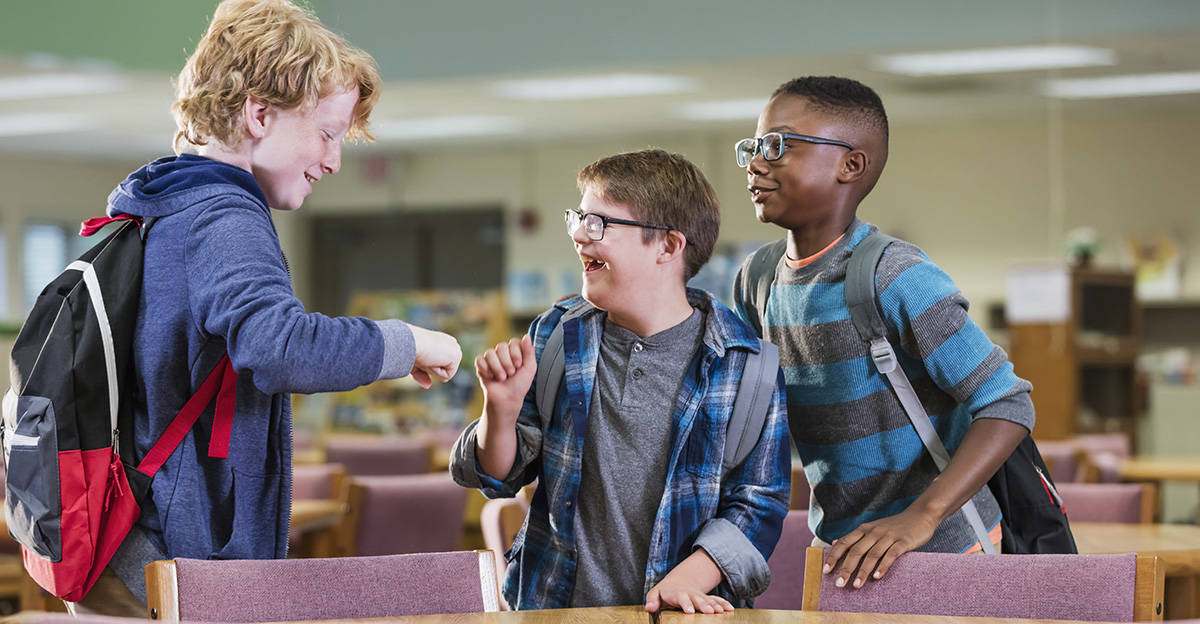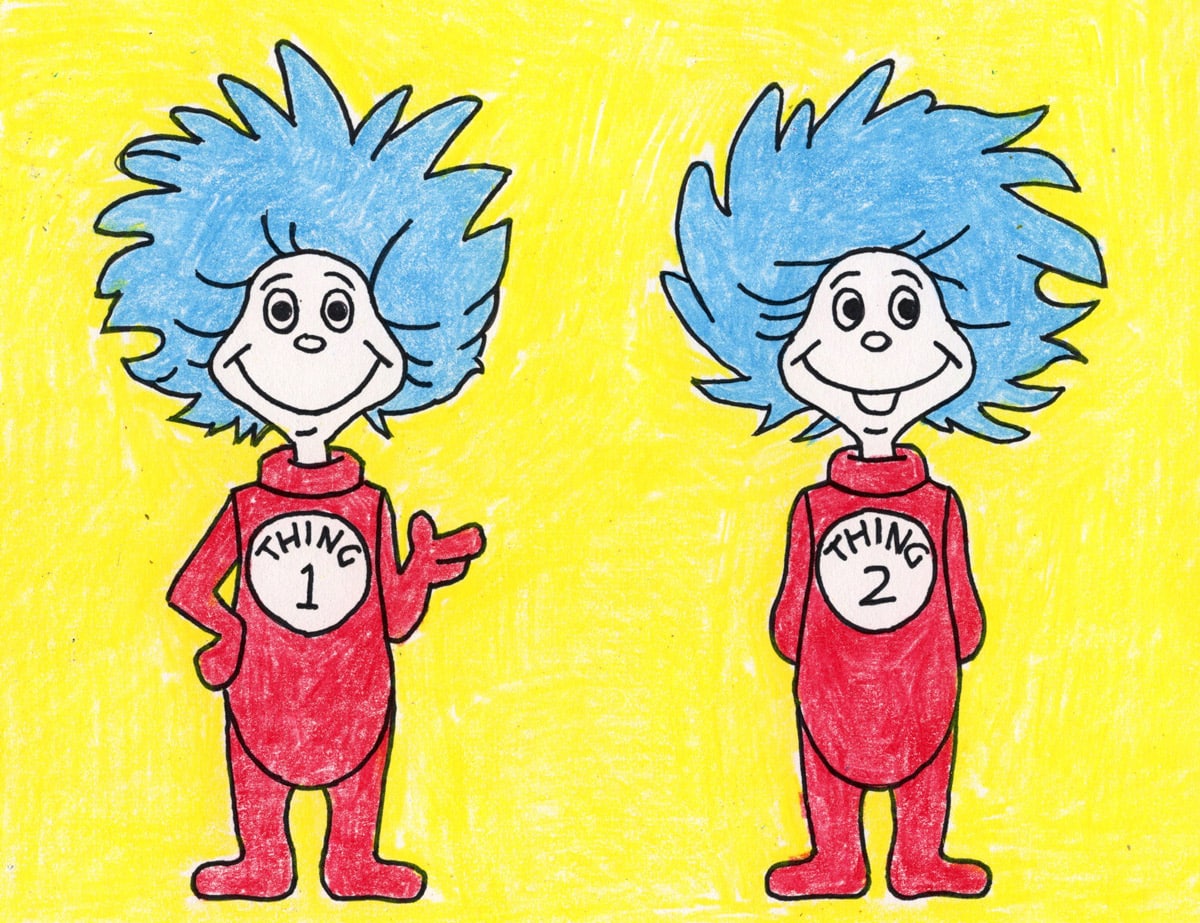
As our society moves forward from the medical crisis of the pandemic, the insidious effects on mental health and the social and emotional components continue to become apparent. Children and teens have been particularly impacted. Consider these sobering statistics:
- More than 140,00 US children lost a primary or secondary caregiver during the Covid 19 pandemic (NIH October 2021).
- 44% of high school students reported persistent feelings of sadness or hopelessness.
- More than half of the respondents in a CDC survey stated they experienced emotional abuse by a parent or other adult.
- Teens report increased anxiety, depression, sleep issues, and aggressive behaviors (Mott Poll Report).
Students with special needs may be additionally impacted. Developmental pediatricians note the uptick in behaviors like aggressive outbursts, intense crying, and other signs of dysregulation. (The Pandemic’s Toll on Children with Special Needs and Their Parents).
Schools can help play a pivotal role in addressing mental health issues for children and adolescents. Many districts are implanting ESSER Funds to support better practices such as implanting a Trauma Informed Schools approach, increasing counseling and behavior staff services, and creating more supportive learning environments. According to the Collaborative for Academic Social and Emotional Learning (CASEL.org) there are five core competencies involved in creating a developmental framework for students to thrive personally and academically. These are self-awareness, self-management, responsible decision-making, relationship skills, and social awareness.
Also Read : 11 Last Minute Gift Ideas for the Wellness Enthusiast on Your List
Here are a few inclusive solutions that may help support these concepts:
- Self-Awareness includes identifying one’s emotions, thoughts, interests, and values, understanding how internal characteristics influence actions, and maintaining self-confidence and self-efficacy. Some students such as those on the autism spectrum have difficulty understanding and interpreting emotions. Picture symbols and other representations of basic emotions may help support the development and communication of this competency.
- Self-Management includes regulating emotions, thoughts, and behaviors across contexts, coping with stress, and managing impulses. Modifying the learning environment to create calming sensory spaces may support all students and foster the development of understanding and implementing self-regulation skills. Students with sensory processing issues, such as those on the autism spectrum may find daily scheduled time in a calming space critical to maintaining emotional regulation and preventing sensory overload.
- Relationship Skills include establishing and maintaining relationships with others, resisting inappropriate social pressure, working cooperatively, preventing and resolving interpersonal conflict, and seeking help when needed. Board games that include turn-taking, physical activities that involve teamwork, and opportunities that involve dramatic play are all examples of activities that make learning this skillset fun and can be easily modified for individual physical or sensory needs.
Remember, students can’t learn if they are afraid or anxious! Let’s support building stronger Social and Emotional Learning skills for all to foster better mental health. For more ideas, visit our website!
Read More on Classroom Inclusion
Cecilia Cruse
Cecilia Cruse, MS, OTR/L has a BS degree in Occupational Therapy from the University of Florida, and her Master’s degree in Education from Georgia State University. She is SIPT certified and has over 25 years’ experience in pediatrics with school-based services, acute care, and outpatient pediatric settings.
Read more posts by Cecilia Cruse–>






Can you be more specific about the content of your article? After reading it, I still have some doubts. Hope you can help me.